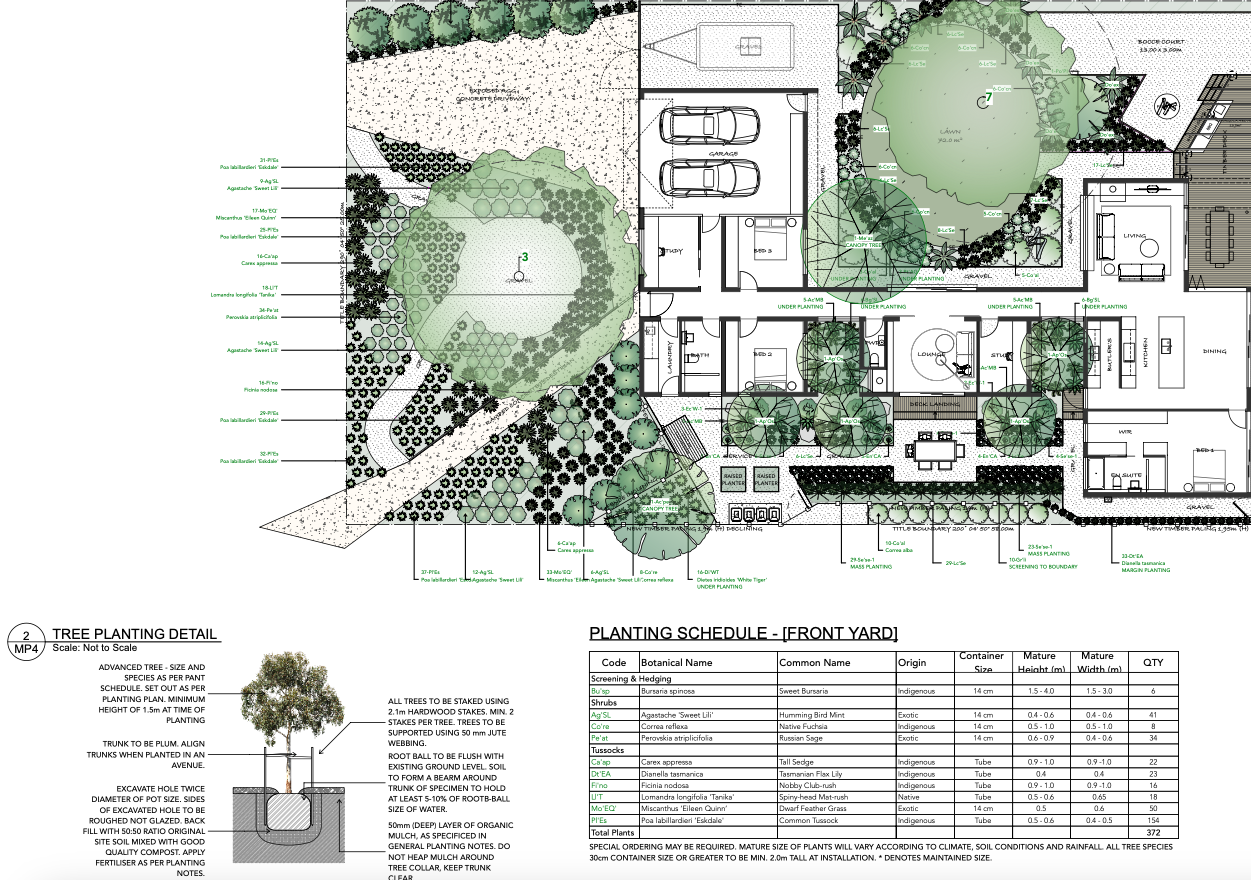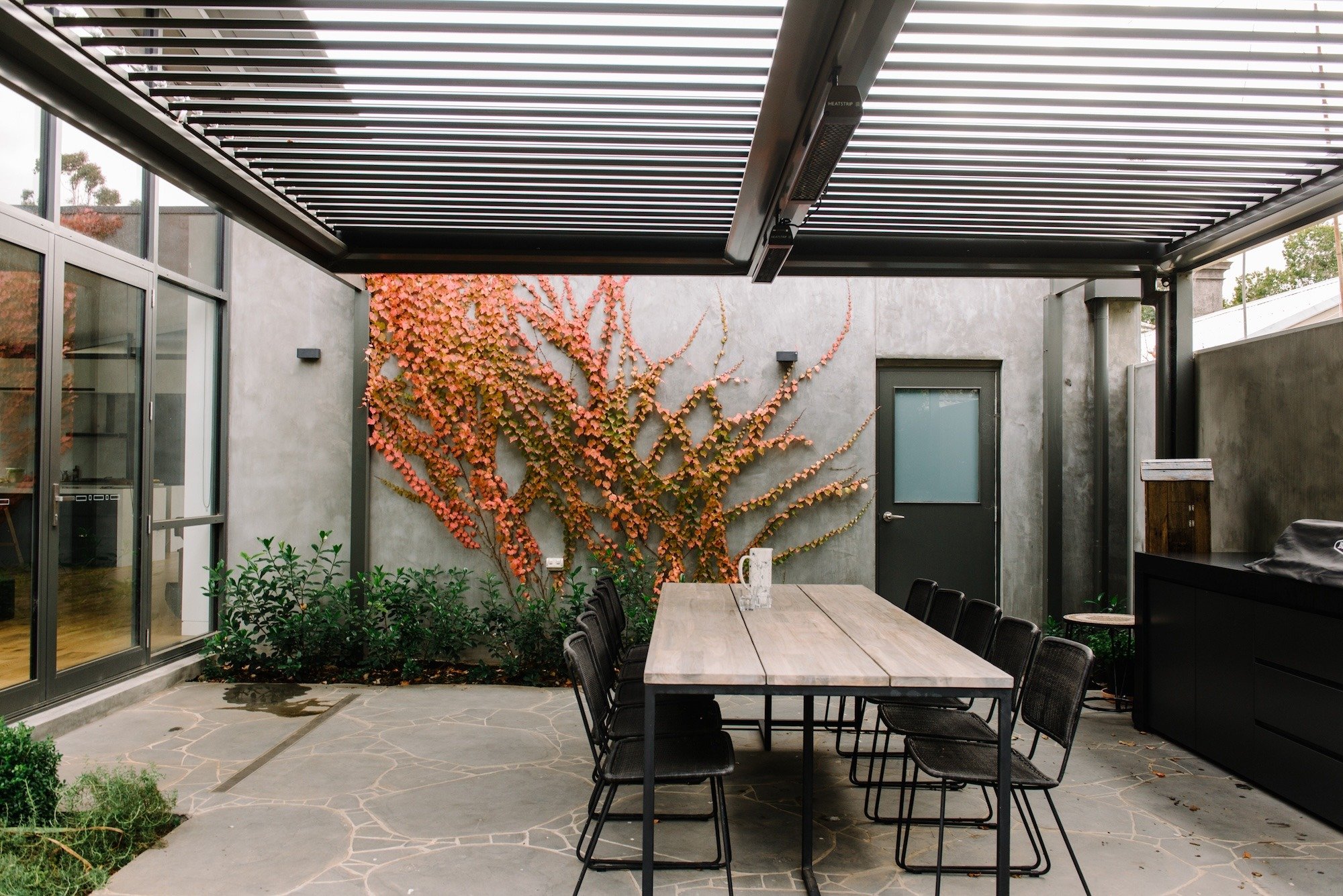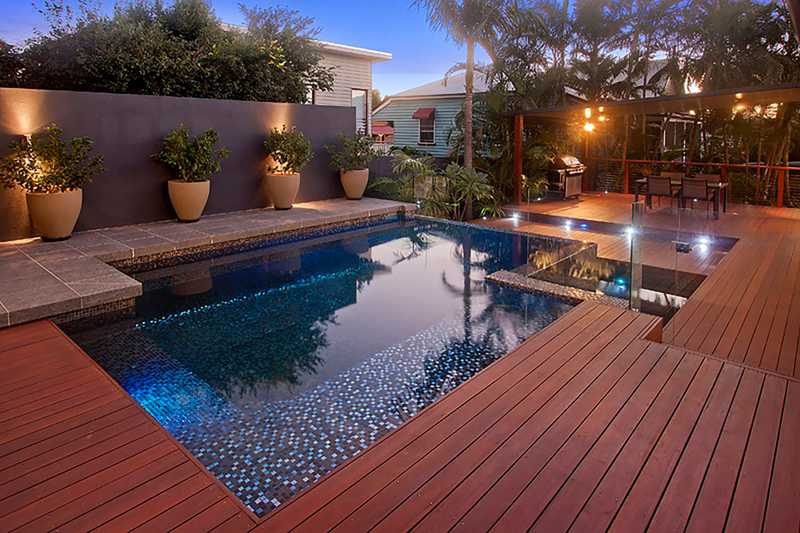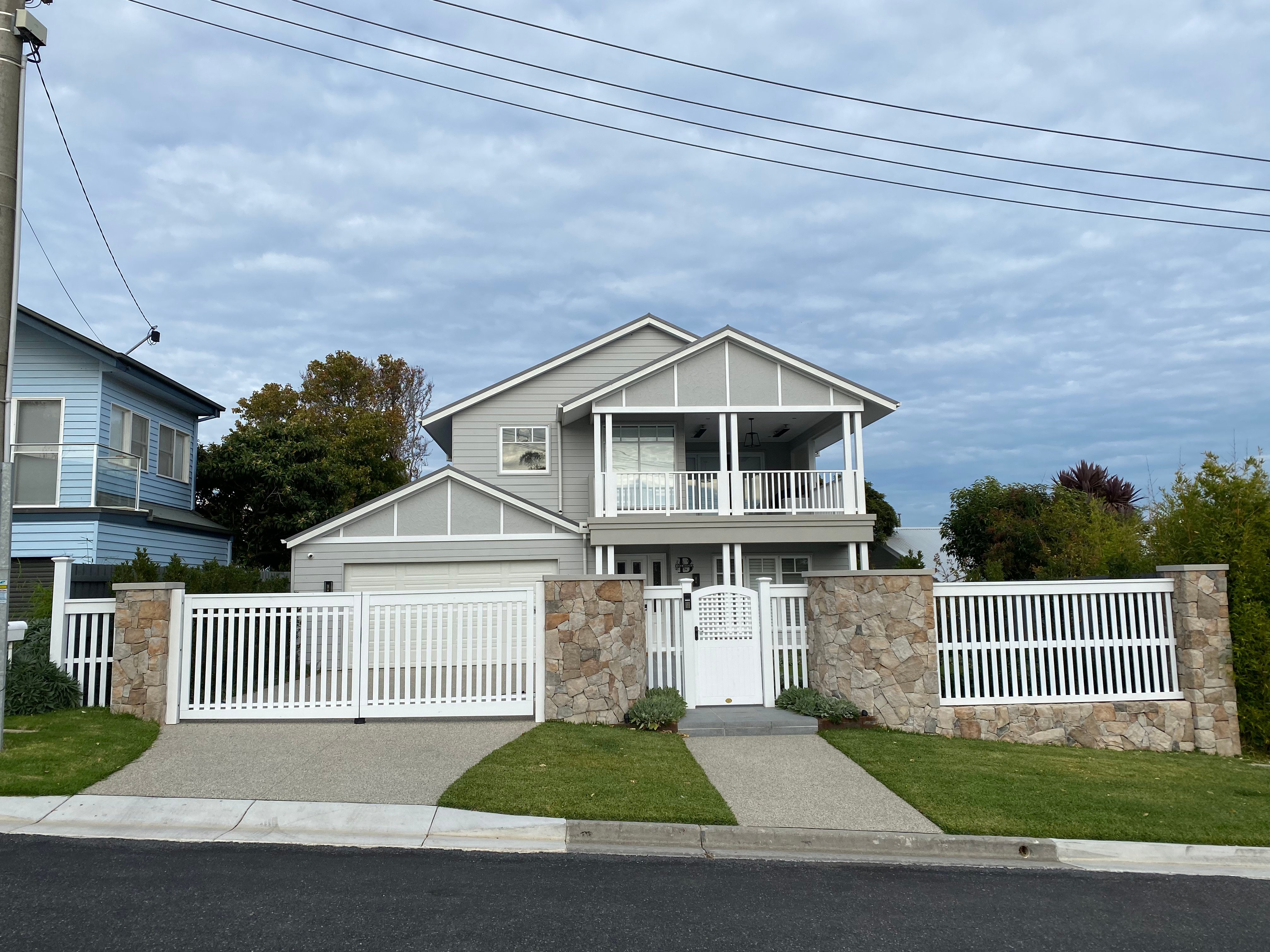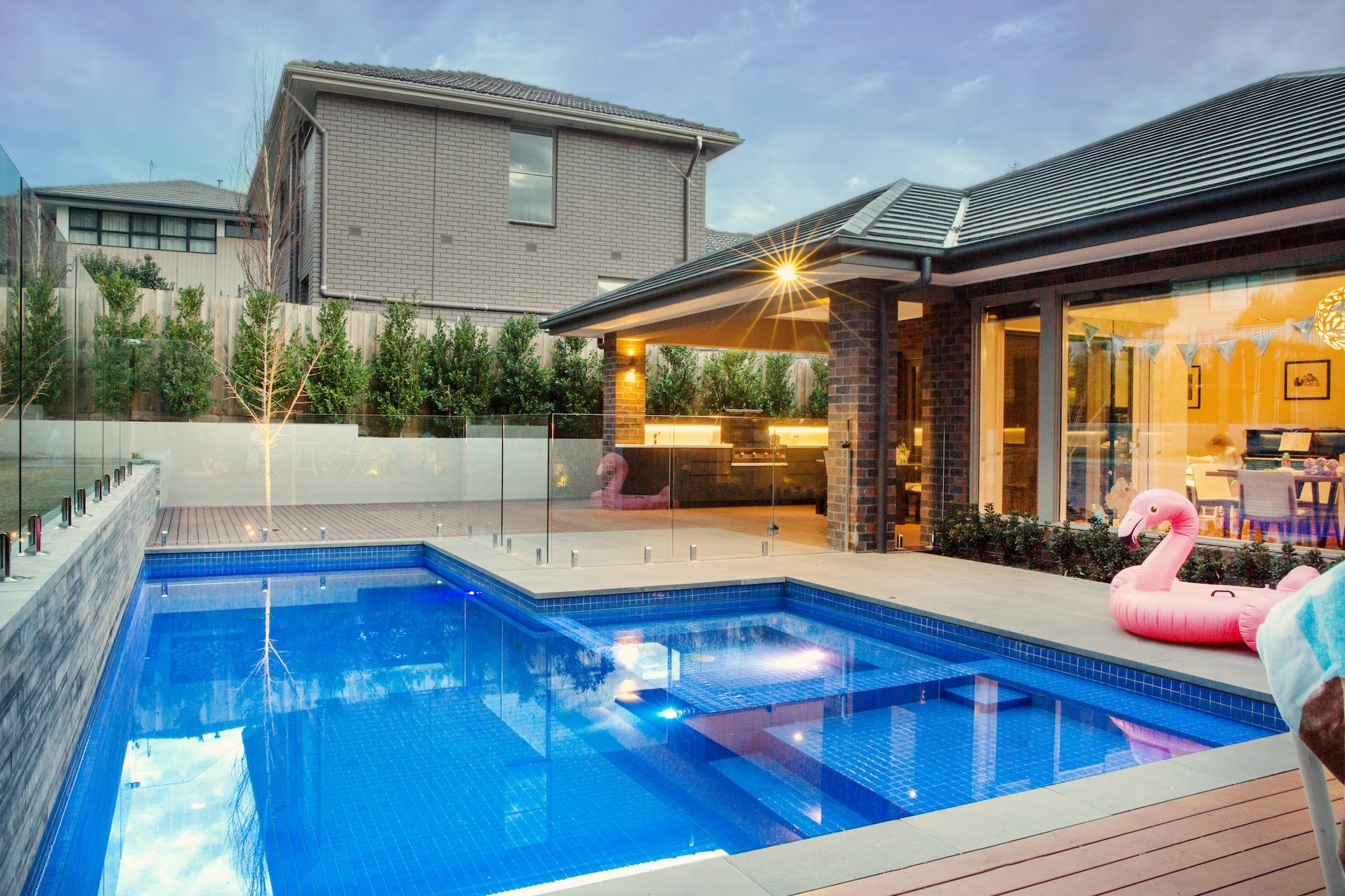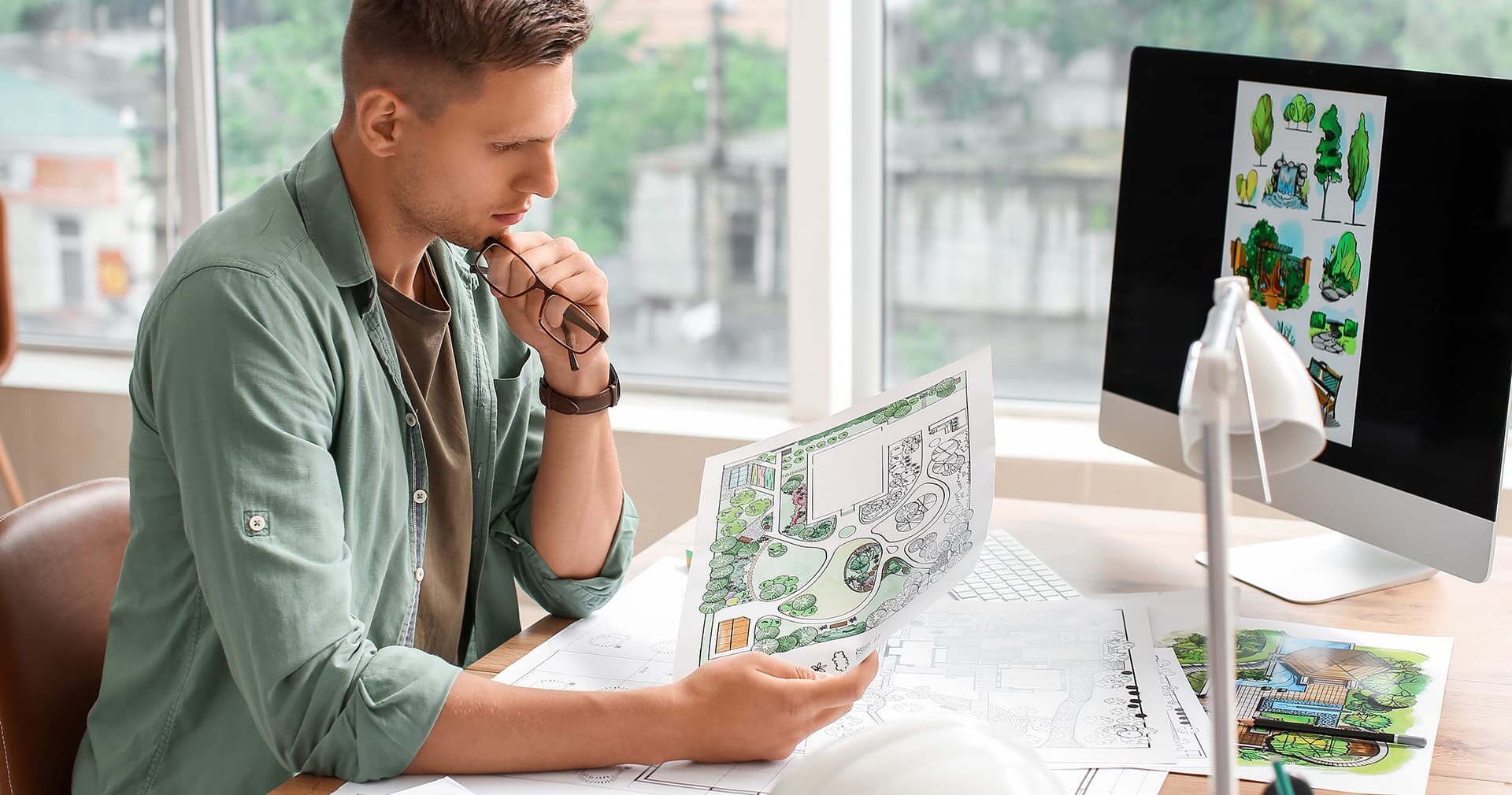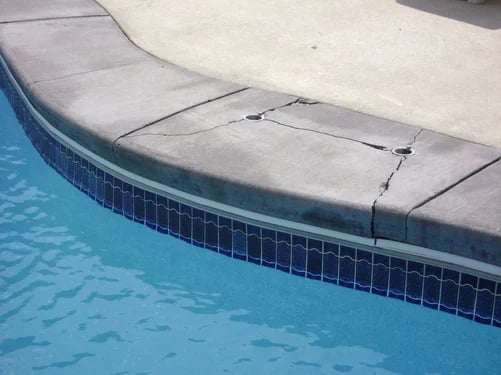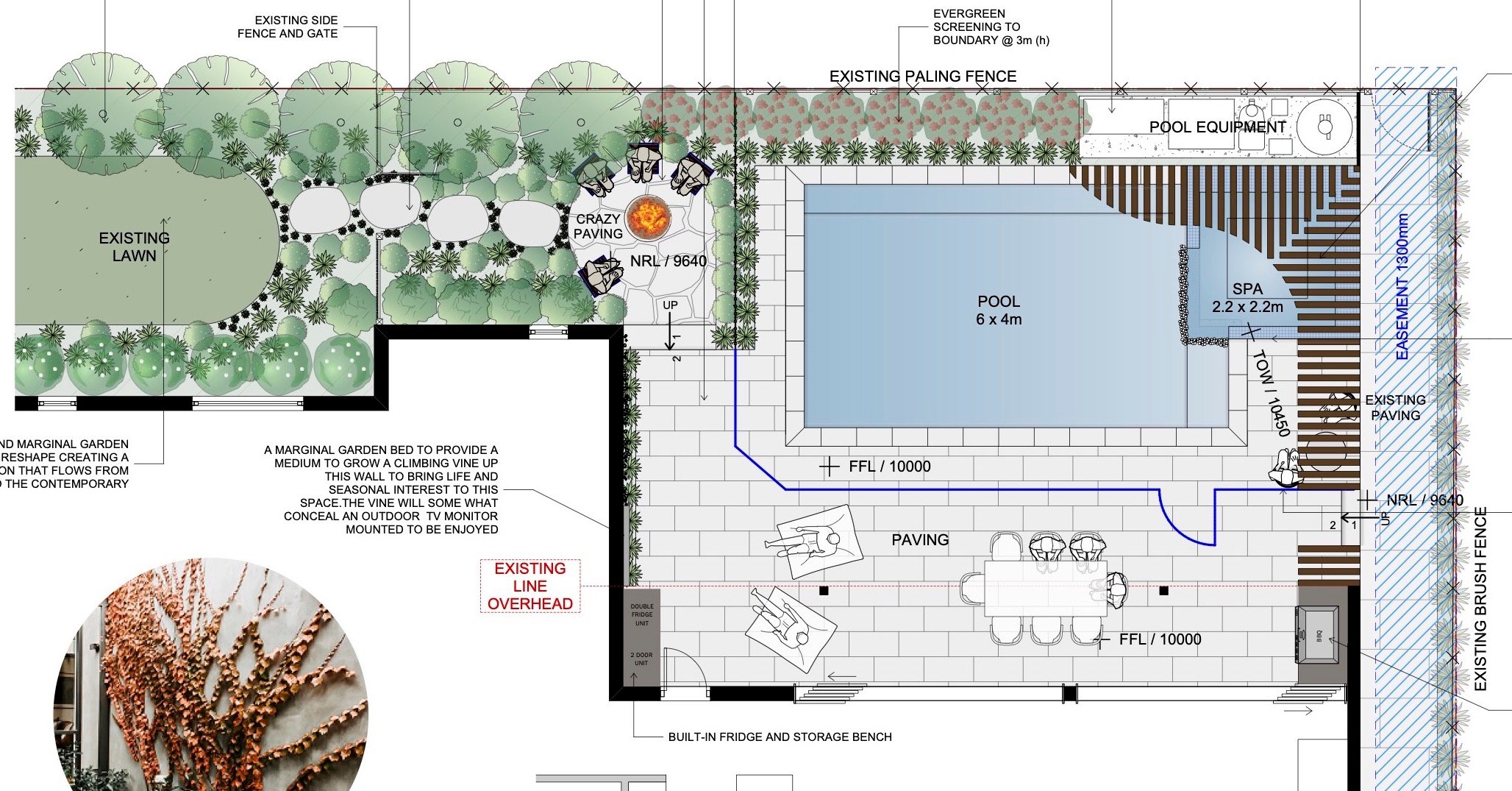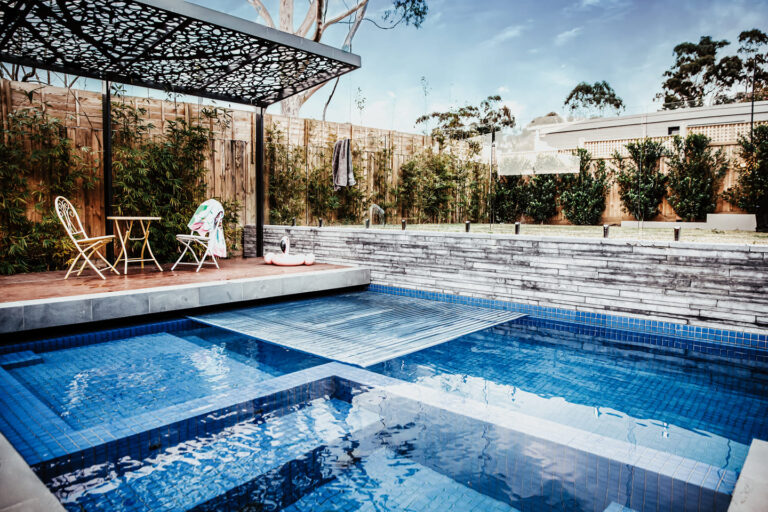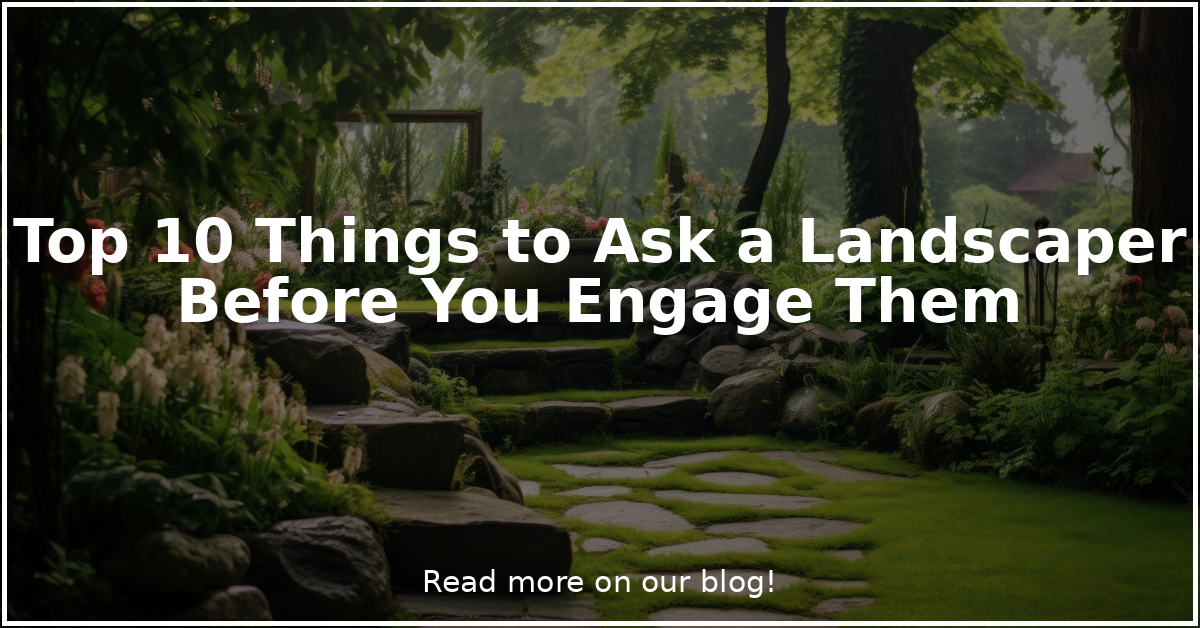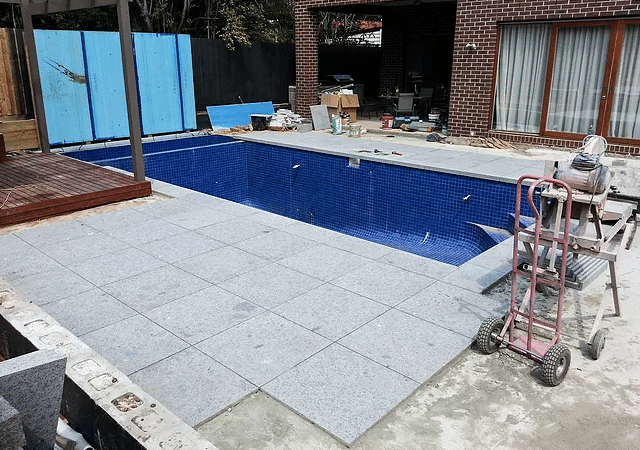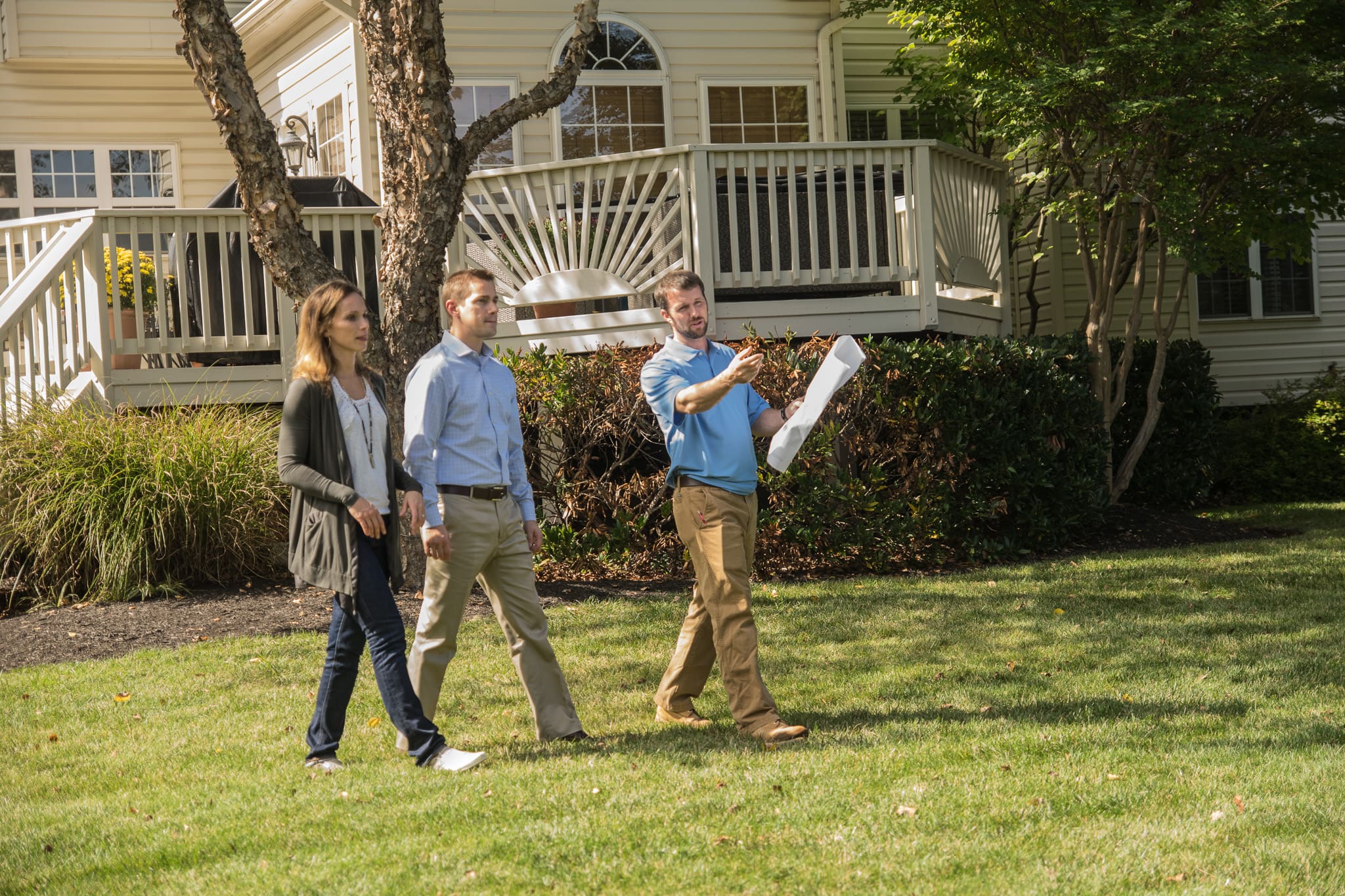
Are you considering engaging a landscape designer or landscape architect? Would you like to feel more certain you will make the right choice for your project? Are you wondering how is the best way to go about gaining that confidence?
With over 30 years experience in the landscape design and construction industry, we have a deep understanding of how many designers in our industry tend to operate. And what they may or may not feel comfortable about sharing with you as a prospective client.
We've written this article to give you some insights into common issues within our industry to help enlighten you.
When you reach the end, we hope you will feel more informed and empowered to make a decision about which landscape designer or architect to choose with greater confidence.
In our experience, the No. 1 source of problems with a landscaping project can be traced back to the very beginning of the project. And generally these problems arise because of what you didn't know about someone or something at the start. (Hindsight so often shows us that what we missed from the start was actually very obvious if we'd been advised to look for it.)
While it's true that sometimes issues can arise because of things your designer did not know about you, or your needs and wants for your project, equally this can be true of what you did not know about your designer.
For example, you didn't know:
- your designer was not experienced in your type of project, style of garden, etc
- your designer or architect had not been educated in an important aspect of your project, such as horticultural knowledge of the plants you desire in your garden
- your designer has not tackled a project of the same complexity as yours before
- your designer lacks confidence in their own creative skills
- your designer lacks experience, knowledge and understanding of the actual construction process of landscaping
- your designer has fixed ideas about designing and tends to always design the same way
- your designer is too profit driven
- your designer lacks knowledge of the complexities & issues involved in obtaining the various permits required for landscaping projects, etc
In order to address these possible shortcomings, it's always wise to ensure when meeting with a potential designer or landscaper that you formulate some non-judgemental questions which may prompt the right response from them in order to enlighten you properly.
The inexperienced landscape designer
Every designer must start somewhere once they graduate so everyone deserves support and being given opportunities. But lack of experience can either be very general in the case of a beginner or very specific in the case of someone who might have been practising for many years but lacks expertise in a particular area.
For example a designer may:
- lack experience designing the exact style of garden you have in mind (coastal, Japanese, etc)
- be unaware of the actual landscaping costs involved in constructing the garden they design
- be inexperienced or lack confidence in creating construction drawings
- not have much understanding of the species of plants you have in mind for your garden
- just have limited overall design experience.
No designer is ever going to volunteer a lack of knowledge or experience. They will always promote what they can do, not what they can't. But you don't want your garden project to be the one they use to gain experience on.
Lack of experience with any professional is best addressed by asking simple, non accusative questions like "Are coastal garden designs something you like to design regularly?" or "Do you do the construction drawings or do you leave that to someone else?"
If someone is experienced in a certain area they should be able to show you past examples of their work to prove their expertise. If they are unable to provide proof of expertise you have the right to be wary.
Lack of educational experience in one area
Sometimes professional terms can cause confusion. For example, many people would be unsure about the exact differences between a Landscape Designer and a Landscape Architect. (There are actually many differences, some great, some subtle.)
Generally people tend to think of a Landscape Architect as being somewhat "senior" to a Landscape Designer and in several ways they do have more specialised training. However what would probably surprise most people is that Landscape Architects are usually not trained in any detail about plants. (This is the specialist field of a horticulturalist.)
Now some good Landscape Architects will go back and undertake further studies in horticulture and also gain practical 'on the job' experience in plants and planting. But not every one will.
So when engaging a Landscape Architect because you feel they might be more 'prestigious' than a Landscape Designer, just be aware of this point. It's particularly important if your garden is going to have a lot of plants in it.
Again, asking your Landscape Architect a simple question like "Is plant knowledge something you feel is an area of your expertise?"
You can read more on this here: What's the difference between a Landscape Designer and a Landscape Architect?
Some projects are too complex for your landscape designer
Like everything in life there can be varying degrees of complexity to any project. (A skyscraper is a much more challenging project to build than 5 storey office block.)
Similarly if you have a relatively simple DIY garden makeover you want to undertake, you might just want something basic drawn up to work from. You find a landscape designer who specialises in small scale, simple projects and this will be a perfect match.
However if you were to give the same designer, a very large, complex, new garden to design and have built from scratch, they might struggle simply because they are not used to working at that level of complexity or sophistication.
At Whyte Gardens we pride ourselves on having worked on literally hundreds of sophisticated projects for busy professionals. Usually with budgets that involve major works such as swimming pools, decks, outdoor kitchens etc. Generally we work with budgets in the range of $150-$350k.
When we are asked to design a garden with a total budget of say $15,000, we tend to refer those on to a more appropriate 'small scale' garden designer. We do this because its as equally unwise to engage an over-qualified landscape designer as it is to engage an under-qualified one.
Again the simple solution to checking whether your designer is capable of working with the level of complexity your new garden demands is simply to ask them to show you some examples of their past work. If they have the capability to take on your project they should be able to show you proof of it.
Some Landscape Designer's lack creative confidence
Just like artists and musicians, not all landscape designers are the same. While every designer is taught the same techniques, knowledge and expertise at university, what they do with all that often comes down to their personal confidence in their own abilities as a creative professional.
Many artists and musicians will create bold, dynamics works that exude their own confidence in their abilities and talents. Same with landscape designers.
So it comes down to you asking yourself, what level of creativity does the designer on your new garden need to have?
Are you looking for something with a bit of flair, dash and excitement? Or do you just want the same garden as everyone is getting right now?
We have found over the years that most clients actually want to be challenged and inspired. They love being presented with idea they hadn't thought of themselves. (After all what are you paying a designer for but their design abilities to create something you couldn't create yourself!!??)
We find that many clients call this the "wow factor". They are looking for something to surprise and delight them about their new garden. Others might be a little more conservative and just ask for possibilities to be explored.
Engaging the right designer for you is about understanding the creative capabilities of the designer and their confidence in their own ability to meet your brief. When you and the designer 'click' together, magic can happen.
Again the only way to judge this is to assess the designer's portfolio of work and meet them in person to see how they 'feel' to you. Here's an example of a landscape designer who demonstrates real confidence and creative flair.

When designer Phillip Johnston won his award at the prestigious Chelsea Flower Show in England, it was because of his creative expression as he explained himself:
"We create sustainable native habitats and natural (chemical free) swimming pools that enhance biodiversity.
Each of our designs helps to rebuild the earth in a way that ensures it will continue to heal itself long after our highly qualified team has finished their work."
Phillip Johnston's artistry is evident in his work and his passion for it.
So we recommend you choose a designer whose artistry matches the dreams you have for your garden.
Some Designers lack experience with actual landscaping works
Studying how something works in theory versus having practical, hands-on experience with it in person are two completely different things. (For example, you'd never get into a taxi with a driver who'd only read all the theory books on driving but never actually driven a taxi.)
Unfortunately, many landscape designers have spent most of their time working in the theory of landscaping. Not many have spent a lot of time on-site with the people who actually build their designs, the landscapers themselves.
Now we're not saying that all designers should spend months working on-site helping to build gardens, but if they did it would mean a whole change of viewpoint from the theoretical to the practical
A simple example can demonstrate this point.
 In this image, you can see a retaining wall being built. The blocks shown are 390mm long. There is an additional allowance for a 10mm gap for the mortar between the blocks.
In this image, you can see a retaining wall being built. The blocks shown are 390mm long. There is an additional allowance for a 10mm gap for the mortar between the blocks.
This design was created by someone who knows when designing a wall like this, you work in multiples of 400mm
A designer without this practical experience may design a wall that is 4560mm long rather than the length of 4400mm it needs to be. This can lead to additional costs, time delays or even redesigns.
So when considering engaging a designer ask them how much practical experience they've had supervising or working closely with landscapers on-site. If they are experienced in this area they will tend to create a design that can actually be built by a landscaper, quickly, efficiently, on time and on-budget.
If however they tend to design very much in isolation from the 'dirty work' of actually building gardens, you might find you have a project where the landscaper is tearing their hair out trying to make aspects of the design work. Or the project needs constant modifications to the design to make it work in the real world.
Again, a few simple questions like "Do you like to go out on-site and get involved in the building of your garden designs?" or similar can be very revealing.
Some Landscape Designers prefer to design the same way
Some landscape designers and architects have a certain familiar look to their gardens and the way they design. It can be their signature look.
They might specialise in traditional English-style formal gardens or Australian Native gardens or Coastal gardens. You can usually tell just by visiting their website as all their gardens will tend to have a similar look and feel.
Now if you have a particular look in mind for your garden and this is what you want, then it's wise to consider them because of their signature style.
However, something that may not be as obvious is that some landscapers not only focus on certain styles but can have 'fixed ideas' about what a garden should or shouldn't include.
You may not discover this until you get into the actual design. For example, if your designer isn't keen on 'hardscapes' in their garden designs and prefers to have as much 'softscapes' as possible, then that means they want lots and lots of plants, lawns, etc
However, if you really want a large, paved entertainment space you might find your designer spending time trying to convince you that grass is better than paving. Or if you aren't specific in which kind of plants you have in mind, you might find your designer creating a planting palette based on some criteria they have in mind like only using native plants or using only recycled timbers or some other sustainability aspect. All good if those things align with your desire but if your designer's goals are in conflict with yours, you may not find this out until you are well down the track of the design.
Again pay close attention to the designs they feature on their website and listen carefully to what they say in any initial consultation. You can sometimes flush out these unspoken considerations by asking "What are your thoughts on sustainability in garden design?" or "Are you a designer who likes to work mostly in hardscapes or softscapes?"
Get a clear understanding of how many revisions are included in your landscape design
This can often be an issue where there is fault on both sides. Some clients feel that once they have engaged a designer they can make endless revisions to the design until they are happy with it. In principle this is true but there are costs incurred for the designer to keep making these changes.
Conversely, some designers don't make it clear in their contract or agreement how many revisions are included or allowed in a design fee.
If there is not a clear understanding and information on both sides, the design process can reach a point where multiple revisions have been made but still the design is no closer to completion. This can lead to frustration on both side and make the designer anxious to rush through finalising the design just to get it done.
Here at Whyte Gardens, we try to keep things simple. Our design fees include up to four iterations: A Concept Design plus one revision, and a Master Plan plus one revision. If further changes are required, a block of additional design time is proposed in advance for approval and once the OK has been obtained, the work is carried out.
Always make sure you have a clear understanding and expectations regarding revision costs. And if unsure about what is stated in the agreement, always ask "How many design revisions does your fee allow for?"
You can read more about this here: How many revisions to my garden design do I get?
Not all Landscape Designers are familiar with permit issues
If you've not yet been involved in a major landscaping project you may have no idea the number of rules, laws, regulations etc that govern any work being done just on a garden. And the number of permits that may be required to allow you to get your work done.
This whole area can be a minefield. If you are working with someone who has limited knowledge of this field, you can run into serious problems. Projects can be delayed by weeks or months, costs can mount up, major modifications need to be made to designs, all because a permit was not applied for properly, etc
Some designers feel this is not their 'field' and leave it to the client or other parties to obtain the required permits. But if you don't know what permits are needed where do you start?
Here are just some of the many permits etc that may be required for a typical landscaping project
- Council planning permits, permits for overlooking issues; reports & consents, etc
- Easement applications with water authorities or others
- Flood zone permits
- Heritage overlay permits
- Building permits
- Asset Protection permits
- Traffic management applications for site works
- etc
Not only is this area already complex, it is becoming more complex every year with authorities, councils, etc constantly coming up with new reasons why someone should have to apply for a permit. In fact a building surveyor was quoted recently as saying "There are now more regulations to address in landscaping than in actually building a house".
The inherent risk in engaging a designer who does not have the experience or knowledge of dealing with permits etc is that you can end up with a design that simply will not comply with the necessary regulations. Permits will not be approved, the design will be knocked back and additional revisions (at cost) will need to be made. All adding considerable time to the project.
It's wise to clarify with your prospective designer, whether they handle permit applications, whether they are knowledgeable about them etc. (Please understand that councils can interpret regulations how they see fit and no designer can guarantee any permit application will be approved.) However, an experienced designer will know what might be an issue and seek to find out early on.
A few things your landscape designer should tell you
At Whyte Gardens we believe in being totally honest, open and transparent about how we work and our processes - from landscape design right through to construction of your dream garden.
You will find everything you need to know about us in the pages of this website. But we thought we should draw your attention to a few articles which address some of the issues above. Because as Landscape Designers, we like to tell you everything!
Articles covering Landscape Design and Construction in Melbourne...
When do you need to engage a landscape designer?
When is the right time to engage a landscape designer?
What should I ask a landscape designer before engaging them?
How to engage the right landscape designer
How to get the most out of your design consultation
What is a Concept Design in Landscaping?
What is included in a landscape designers Master Plan?
What are the steps to go from garden design to landscaping?
If you read through many of these articles you should find yourself well informed about when, why and how to choose a landscape designer. And how to ensure they are the right fit for you.
If you'd like to know more about how we could work for you in designing your ideal garden, please feel free to book a no-obligation design consultation with us. This is completely free of charge and allows you to meet with one of our designers and discuss your plans for a new garden, and see whether or not we might be the right fit for you.
If we're not, you've lost nothing but a little bit of your time. If we are the right fit, you could be on your way to to having the garden you've always dreamed of.
Founder of Whyte Gardens
Topics:


